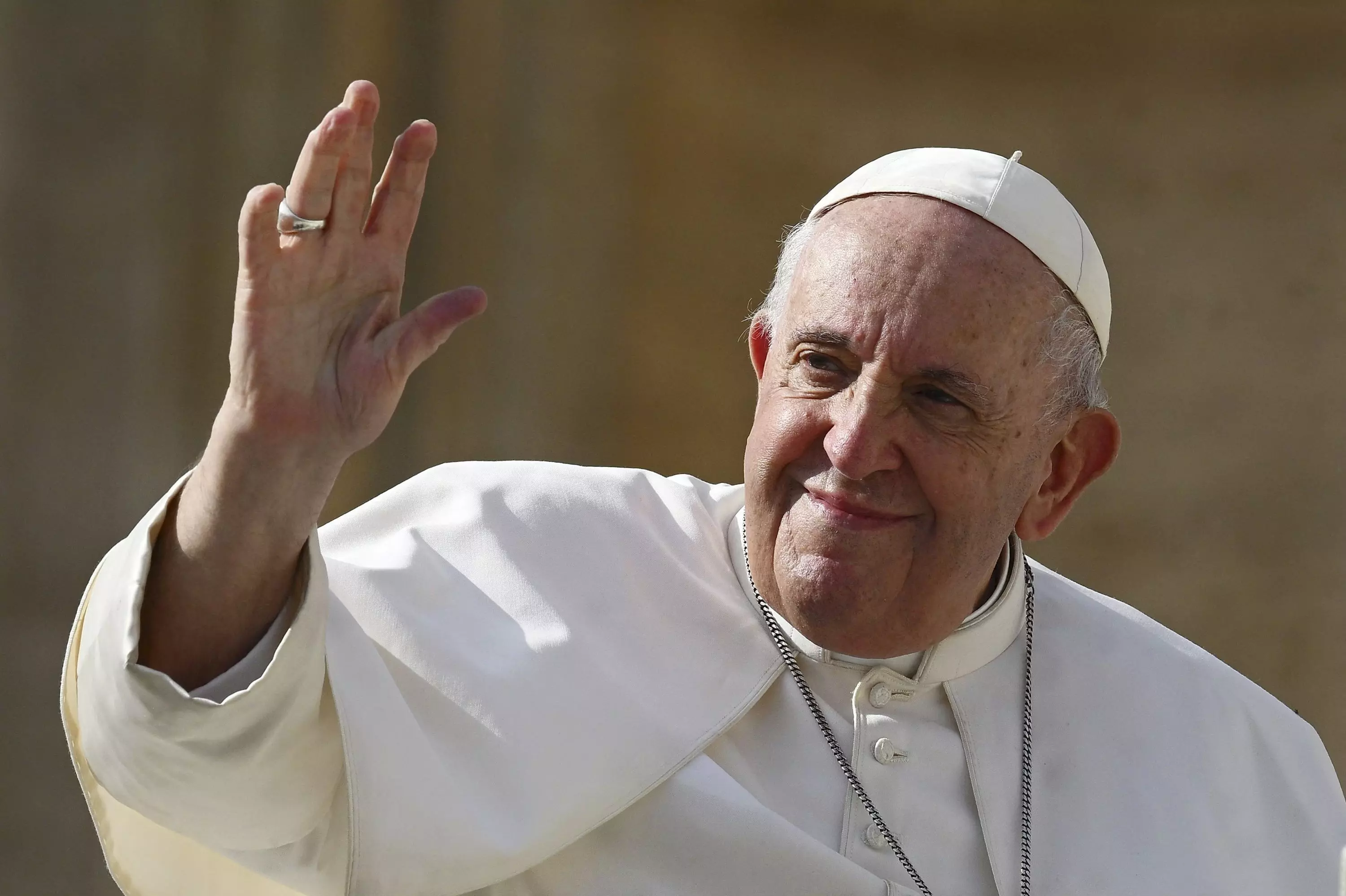Papal Legacy

Pope Francis, the first Latin American and Jesuit pope, redefined the global Catholic Church not by altering its core doctrines, but by radically shifting its tone, priorities, and moral engagement with the world. From his first appearance on the Vatican balcony in 2013, his message was unmistakably different. Instead of a formal blessing, he offered a simple “Buonasera” — a gesture of disarming humility that would come to characterise his papacy. He lived in a guesthouse, wore worn shoes instead of red papal slippers, and rode in a modest car. But these were not mere symbols of simplicity; they reflected his core belief that the Church must walk among the people, especially the forgotten and marginalised. Born Jorge Mario Bergoglio in Buenos Aires in 1936 to Italian immigrants, Francis entered the Jesuit order in 1958. His early life was marked by physical frailty and quiet conviction. A portion of his lung was removed after a severe illness, but this did not deter him from serving in the poorest areas of Argentina. As a priest and later archbishop, he was known for rejecting clerical privilege and advocating for the poor. Those values defined his papacy. Elected after the surprise resignation of Benedict XVI, Francis inherited a Church grappling with scandals and declining credibility. He chose to focus not on authority, but on service. Francis repeatedly called for a Church that is “a field hospital after battle.” He embraced outcasts, washed the feet of prisoners, reached out to atheists and refugees, and famously asked, “Who am I to judge?” when questioned about gay priests. That one line became a rallying cry for a more inclusive, less judgmental Church. While he did not change Catholic doctrine on issues like abortion or priestly celibacy, he allowed divorced and remarried Catholics to receive communion, enabled blessings for same-sex couples, and streamlined annulment procedures. He gave women voting rights in Vatican synods and appointed them to senior roles, moving slowly but deliberately to reshape a historically patriarchal institution.
Francis’ focus on economic justice and environmental stewardship made him a moral voice beyond the boundaries of the Church. In his 2015 encyclical Laudato Si’, he condemned global capitalism’s destructive impact on the environment and the poor, calling it a “structurally perverse” system. He declared that “money must serve, not rule,” a statement that endeared him to progressives but drew sharp criticism from conservative quarters, especially in the United States. While some accused him of veering into Marxist rhetoric, Francis stood firm in his belief that the Church must defend the dignity of the poor, the planet, and future generations. But the pope’s record was not without controversy. His initial handling of the sexual abuse crisis, particularly in Chile, was a significant misstep. By defending a bishop accused of covering up abuse, he deeply hurt survivors. He later reversed course, apologised publicly, and summoned the Chilean Church’s leadership to resign. He also reformed Church law to allow greater transparency and held high-ranking clerics accountable, including defrocking U.S. Cardinal Theodore McCarrick. Yet critics still questioned whether his actions were enough to repair decades of institutional failure. Francis faced strong resistance from conservative factions within the Church. His restrictions on the traditional Latin Mass, outreach to LGBTQ+ Catholics, and the Vatican’s deal with China over bishop appointments triggered opposition. U.S. Cardinal Raymond Burke and others openly challenged his leadership, accusing him of sowing confusion and weakening Catholic identity. Francis responded, as he often did, with silence — or quiet sanctions. He reminded his clergy to bear “the smell of the sheep,” urging them to serve, not rule.
Even in his final years, using a wheelchair and enduring frequent hospital stays, Francis continued travelling — to Iraq, Africa, and other places often overlooked by the West. His first papal trip, to the island of Lampedusa, highlighted his concern for migrants drowning off Europe’s shores. His last years were marked by declining health but unwavering pastoral mission: to be present where pain was deepest. Pope Francis was not universally loved. He frustrated traditionalists, disappointed some reformers, and stumbled on key issues. But he never wavered in his vision of a Church built on mercy, humility and compassion. His was a papacy of bridges, not walls; of listening, not condemnation. In a time of division and cynicism, he reminded the world that spiritual leadership grounded in love can still move hearts, and perhaps, history.



